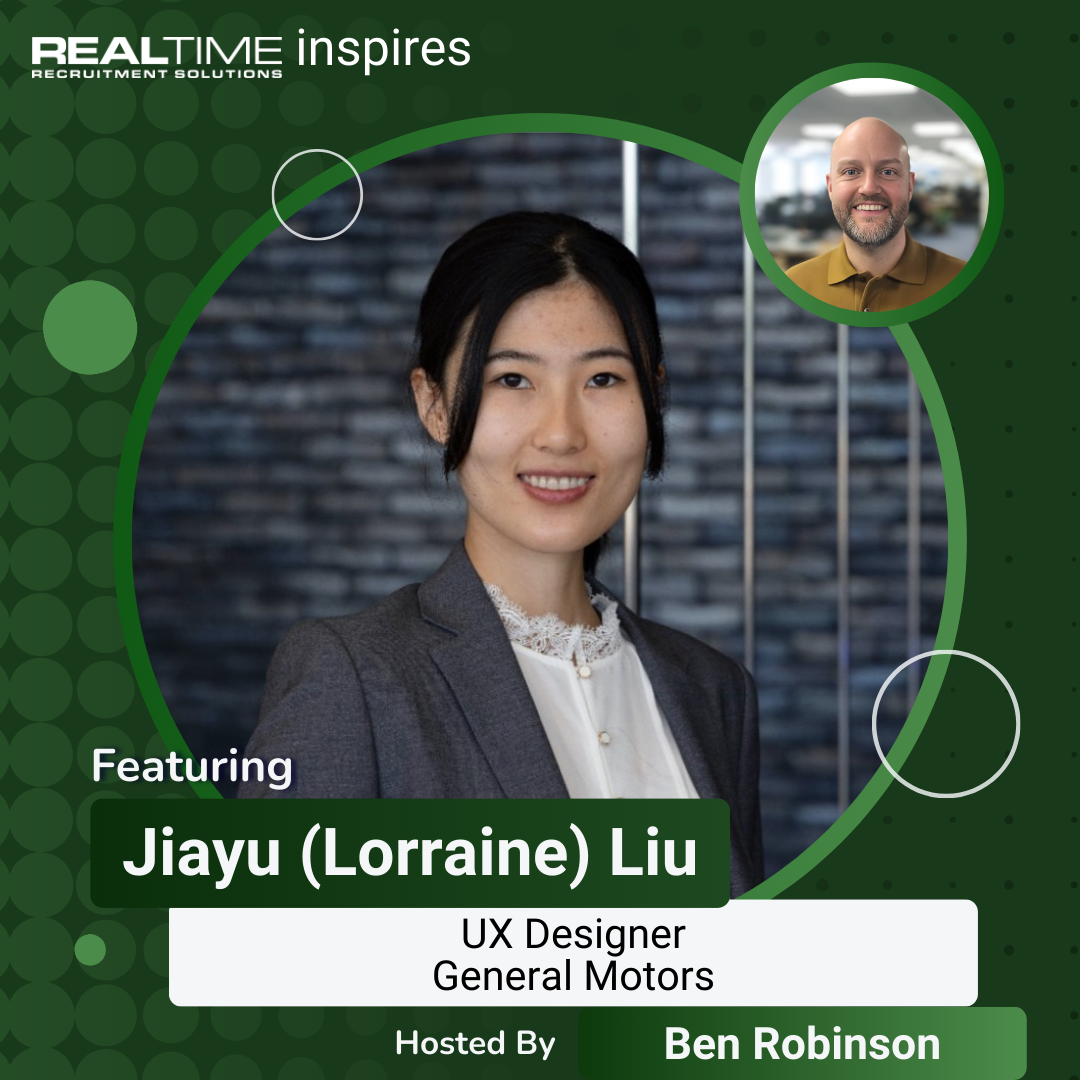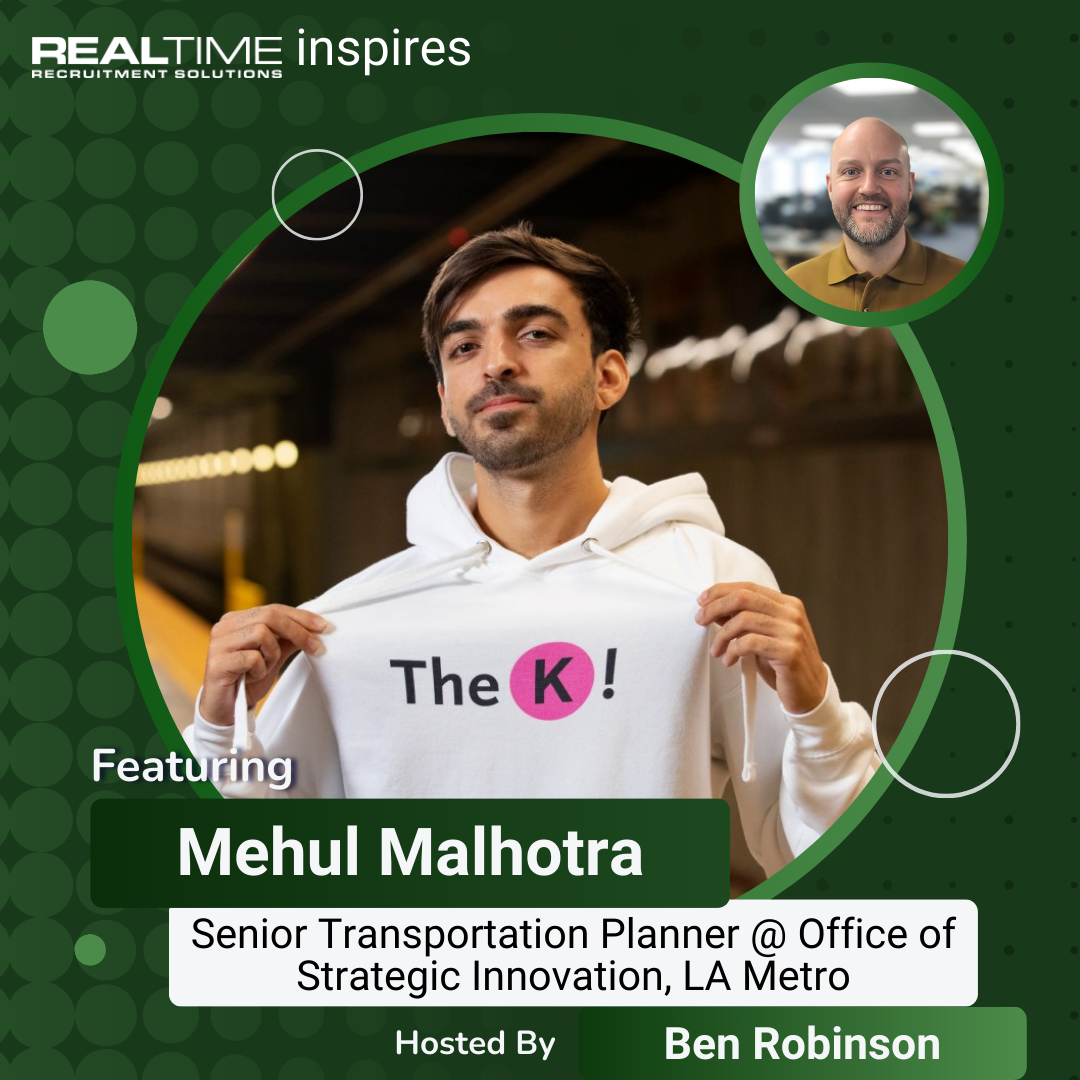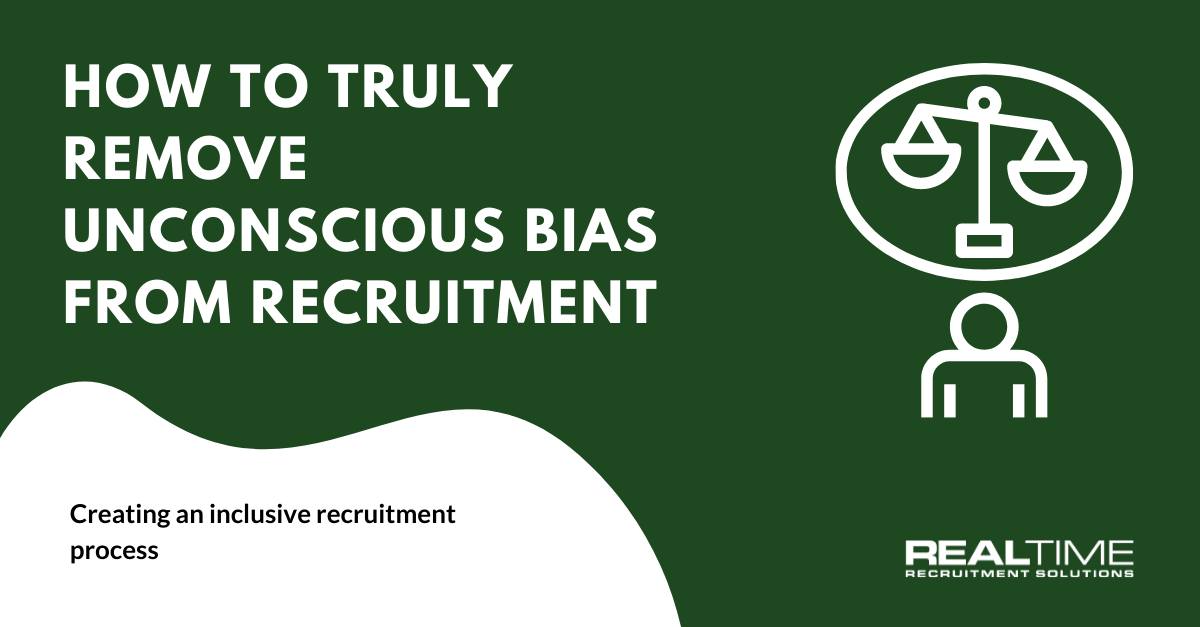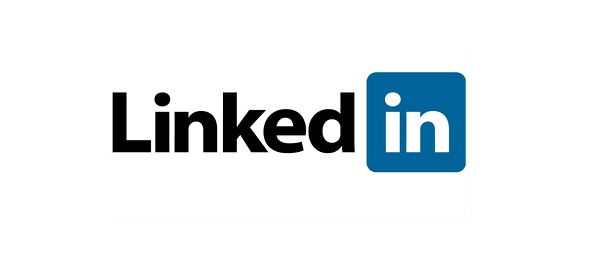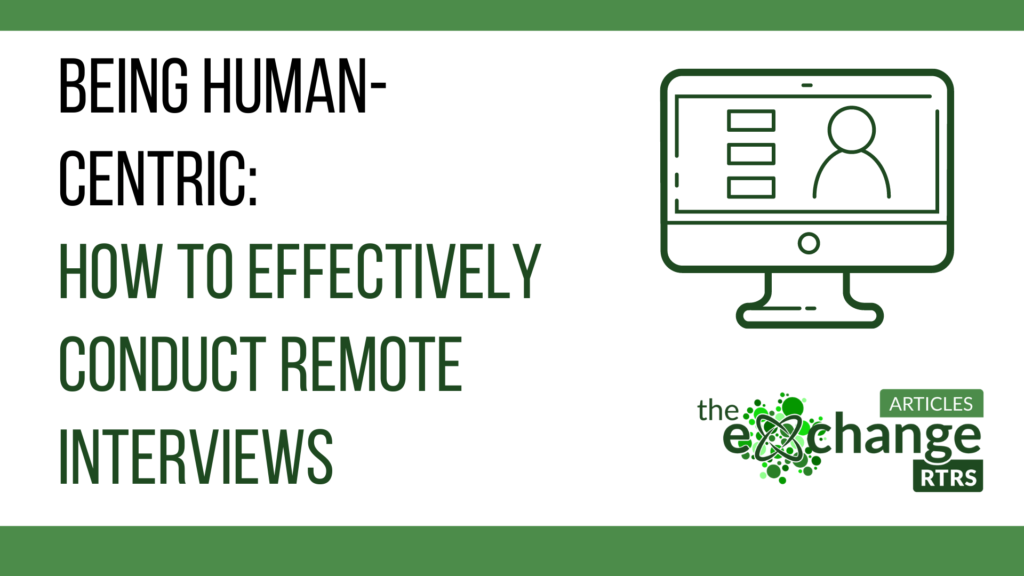
Being Human-Centric: How to Effectively Conduct Remote Interviews
As more professionals settle into a new routine of working from home – including hiring managers – remote job interviews are becoming even more common than before. Not only do video interviews provide a feasible alternative when you are unable to meet face to face but they are also more convenient and less expensive than in-person interviews.g
While most managers have likely participated in online meetings of some type, not all of them know how to conduct a video interview. Here’s some advice to help you prepare, and make the most of, a remote interview from those who have been running successful remote interviews.
Angeliki Tsakmakidou Director of Operations Earthbanc
Angeliki Tsakmakidou is the Director of Operations at a sustainable finance startup, Earthbanc. Having previously taken up positions as a project manager Angeliki has a wealth of experience leading technical teams in a start-up setting. An area she regularly gets involved in is recruitment.
“I didn’t have much experience with interviewing, but having worked for 15 years in the industry I naturally had an instinct for these things. Interviewing for your own team often happens naturally in startups as one wants to be able to choose their team members directly. These are people that will be spending a lot of time together and it is key to trust one’s intuition during the selection process”
With COVID-19 pushing most interview processes’ online, Angeliki has been working on robust remote interviewing policies that work harder to ensure that the candidate and interviewer feel like they’ve been given enough time to get to know one another.
“I think the challenge is that when you have somebody online on an interview, you need more time to get to feel if you can collaborate with that person. Sometimes we had to do maybe more than two or three interviews with a person to understand their skills but most importantly to determine if there is good chemistry and communication between us.“
We were keen to ask Angeliki about her tips for those running remote interviews.
Understand the Invisible Challenges
When a candidate travels to an office to take their interview, they leave whatever is happening in their personal lives at the door. Remote interviewing brings the process into the candidate’s homes – some will be prepared for that, others will not.
In these current circumstances, where remote working is somewhat enforced, it’s up to Hiring Managers to show understanding for some of the invisible challenges that may affect candidates.
Challenges like homeschooling and sharing a space not designed for working in are just two of the challenges that your candidate will likely try to hide. For Angeliki, it’s about showing empathy for their situation.
“There are invisible challenges as opposed to a face-to-face interview, because candidates may have background noise, maybe they have connectivity issues, and this is something that me as an interviewer, maybe will not perceive. So, I always am a bit more empathetic when I’m on an online interview and realise that people might get more distracted, and it’s okay. Also, the online interview has the aspect of physical distance which means that it takes more to communicate, check in how you feel with the other person, relax and ease into being your authentic self.”
Cultivate a Human Centric Environment
When you’ve been sitting at a computer screen all day, taking calls, it’s easy to forget that when it comes to interview time you are talking to a human being.
Angeliki, who likes to a take a very human-centric approach to interviewing, it’s good practice to ensure that the candidate feels as comfortable as possible.
“This might sound like a cliche, but this is the heart of what I’m doing when I’m interviewing people – keeping everybody comfortable.”
Remember that for most candidates, an interview might be their first impression of a company and their experience during the interview will play a big part in the opinion they form of your company culture.
“I like to be casual, make jokes and be relaxed myself because being genuine is part of my working culture. In the corporate world, we need to normalise authenticity and treating everyone with empathy, seeing the real human beings in each other rather than strictly the candidates or resources.”
Be Open to Feedback
Interviews are a two-way street. Candidates will look for feedback and so should you as it’s likely what you learn will impact future hiring processes and the quality of hires made.
“When we hire somebody, and I have that space, I will ask them, ‘How was your onboarding? How did you feel in your interview?’. This information is gold! This is the kind of feedback that will help me improve on a personal level but will also feed into the organisational operations of the business. My invitation for everyone is to train themselves to be very open to criticism and not take it personally. Feedback is my favourite part of the recruitment process because it highlights the areas for growth, even if someone fails the interview.”
Lena Wiberg, Engineering Manager at Mentimeter
Lena Wiberg is Engineering Manager at interactive presentation experience app, Mentimeter. Having been working in software since 1999, Lena has done everything from developing software to testing it. Now as part of the Tech Leadership Team at Mentimeter, Lena and her colleagues are expanding the department to meet the rising demand for Mentimeter’s product.
Having had a leadership role for many years that involved recruitment of technical talent, both on location and remote, we were keen to ask Lena for her thoughts on how we can best conduct remote interviews.
Focus on the Candidates’ Comfort
Interviews are stressful for a candidate regardless of whether they’re conducted remotely or not. For Lena, a big focus must be put on making sure the candidate feels comfortable ,because when the camera is on and focused on your face – it’s hard to hide stress.
“When you’re in a room, you can use just your body language and presence in the room to get things comfortable again, but when you do it remote, it can go off track very quickly. So, I spend a lot of time on creating a comfortable environment for candidates. Making light-hearted jokes can make it feel more like a conversation than then interrogation.”
Pair Interviewing
Think about what you, as a hiring manager, need to do during an interview. You need to steer the direction of the conversation, ask the right questions to get an understanding of the candidate and gauge their levels of comfort to get the most our of the interview.
That’s a lot for one person to do. Why not add an interview partner?
It may appear on the face of things that adding a second interviewer to the mix might complicate things or present another challenge for the Candidate. Scratch away the surface of that, however, and you’ve got a great strategy for covering all basis.
“We always do interviews in pairs. One person leads the conversation and one person is more focused on taking notes and adding another perspective during the interview. When I take the passenger seat, I spend a lot of time measuring the level of comfort in the interview. And if I feel like itis going off track, I step in and work on making the candidate feel comfortable again. We’re trying to give our candidates an opportunity to shine.”
Marc Marais, Head of Engineering Productivity and Data Engineering Manager at Tink
Marc Marais is the Head of Engineering Productivity and Data Engineering Manager at Tink. Wearing lots of hats, Marc was originally a java engineer in his native South Africa. Moving to Sweden in 2019, Marc is a passionate coder and team leader.
For Marc, remote hiring has its pros and its cons.
“The biggest Pro is that your candidates don’t have to physically come to the office. These days, people are much more willing to take a slot during work time because they don’t have to go anywhere, and they’re not expected to be somewhere. So, that that I think has made things easier.”
When it comes to the volume of interviews, being remote is definitely an advantage with Marc being able to take up to three interviews in a day when in the past in the office, 2 was the max.
The disadvantages, for Marc, start to appear when the technology gets going.
“In interviews, you have a lot of nonverbal cues that are harder to see when you can only see someone’s face.”
Interview Partner
It’s interviewing best practice to try and provide the same or similar experience for each candidate so they can be assessed on equal footing. When the candidate is interviewing in a location removed from the controlled environment of the office space, this can be difficult.
For Marc, retaining a similar experience across all candidates despite the remote nature of the interviews starts with retaining elements of your existing process. One interview process that Marc was able to keep is the use of an interviewing partner.
“We work well together because we know each other. It’s easy for us to feed off of each other, as opposed to interrupted each other.”
The benefits of using an interview partner are many. For one, Marc’s interview partner is great at bringing him back on track while Marc drills into specific things. It also means you’ll always have one person who can take detailed notes while the other talks. Naturally, a second opinion goes a long way toward making a logical decision on who to hire.
When it comes to picking the right person to be your partner in your interview, Marc suggests finding someone who shares the same expectations but has a different way of seeking them.
“Yeah, I think I think we have the same expectations, but a different way of about digging for the information.”
Preparation is Key
For those who may be new to interviewing, or new to remote interviewing, Marc suggests focusing on making sure you’re prepared for your interviews.
“If you’re playing solo, consider your questions and follow up questions and plan it a little bit. I mean, you can’t plan for everything. But just having an idea in your head of your objectives and where you want to go and where you can follow up. As you become more experienced, you can wing it a little bit more, because you just know where people go.”
